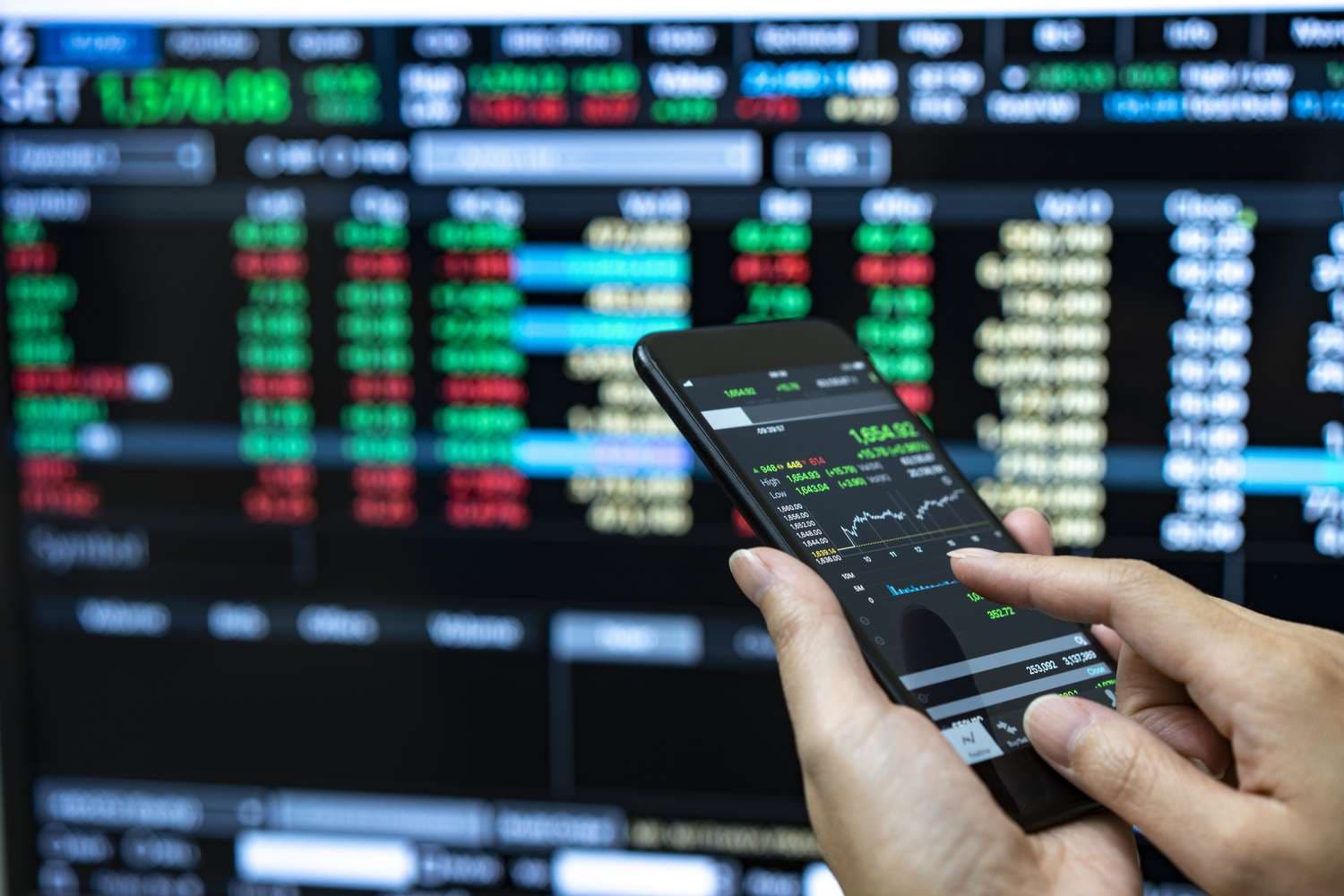We're loading the full news article for you. This includes the article content, images, author information, and related articles.
As thousands of Kenyans turn to forex trading, global broker HFM is expanding its educational drive. But in a market where most retail investors lose money, does more training mitigate the profound risks?

NAIROBI, KENYA – The online foreign exchange (forex) market is rapidly expanding across Kenya, attracting a new generation of traders drawn by the prospect of tapping into the world's largest financial market from their smartphones. In this burgeoning but high-stakes environment, global multi-asset broker HFM, formerly HotForex, is intensifying its focus on trader education through a series of free seminars, webinars, and online courses. This initiative comes as Kenya’s financial regulator, the Capital Markets Authority (CMA), works to enforce a framework to protect a growing class of retail investors.
Kenya's retail forex trading scene has become one of the most active in Africa, with an estimated 100,000 active traders. This growth is propelled by a youthful, tech-savvy demographic, high mobile penetration, and an increasing search for alternative income streams. HFM, which is licensed by the CMA as a non-dealing online foreign exchange broker (licence no. 155), has established a significant local presence, including a Nairobi office and KES-denominated trading accounts.
To capture this growing market, HFM has launched a comprehensive educational strategy. The firm provides a structured e-course covering forex theory, chart analysis, and trading psychology. It also hosts regular live webinars and in-person seminars in cities including Nairobi, Eldoret, Kericho, and Kitale, giving traders direct access to market analysts. In a high-profile marketing move in October 2022, HFM named marathon world record holder Eliud Kipchoge as its official brand ambassador for Kenya, linking the discipline of elite sport to that of trading.
Forex trading in Kenya was formally regulated by the CMA in 2017, creating a safer environment than the previously unregulated space where Kenyans often relied on offshore brokers with little legal recourse. The regulations mandate that licensed brokers maintain a physical office in Kenya and adhere to specific capital requirements, offering a degree of investor protection. HFM is one of several CMA-licensed brokers operating in the country.
However, the allure of forex trading is amplified by leverage, a tool that allows traders to control large market positions with a small amount of capital. The CMA permits leverage of up to 1:400 for retail clients. While this can magnify profits, it equally magnifies losses, making it a double-edged sword. Globally, the vast majority of retail forex traders lose money—a fact that brokers like HFM acknowledge in their risk warnings. The simplicity of opening an account, often with minimum deposits as low as $10, can mask the complex risks involved.
The growth of forex trading in Kenya has been accompanied by a rise in fraudulent schemes. The Directorate of Criminal Investigations (DCI) has previously reported on fraudsters who defraud Kenyans by posing as legitimate forex traders or money managers, often promising unrealistically high or guaranteed returns. The CMA regularly issues public warnings, advising citizens to deal only with licensed and regulated entities to ensure they are protected under Kenyan law.
Beyond scams, traders face inherent market risks, including extreme volatility, which can lead to rapid and significant losses. Analysts stress that education is crucial but not a guarantee of success. Aspiring traders are urged to understand risk management principles, use tools like stop-loss orders, and never trade with money they cannot afford to lose. HFM’s educational materials cover these topics, but the responsibility ultimately lies with the individual trader to apply them with discipline.
As Kenya's digital economy evolves, the accessibility of global markets presents both opportunities for financial inclusion and significant perils. While educational initiatives by regulated brokers like HFM provide valuable knowledge, they operate within a high-risk industry. For the next generation of Kenyan traders, the line between financial empowerment and significant loss remains exceptionally fine, demanding caution, rigorous self-education, and a clear understanding of the risks involved.
Keep the conversation in one place—threads here stay linked to the story and in the forums.
Sign in to start a discussion
Start a conversation about this story and keep it linked here.
Other hot threads
E-sports and Gaming Community in Kenya
Active 9 months ago
The Role of Technology in Modern Agriculture (AgriTech)
Active 9 months ago
Popular Recreational Activities Across Counties
Active 9 months ago
Investing in Youth Sports Development Programs
Active 9 months ago
Key figures and persons of interest featured in this article